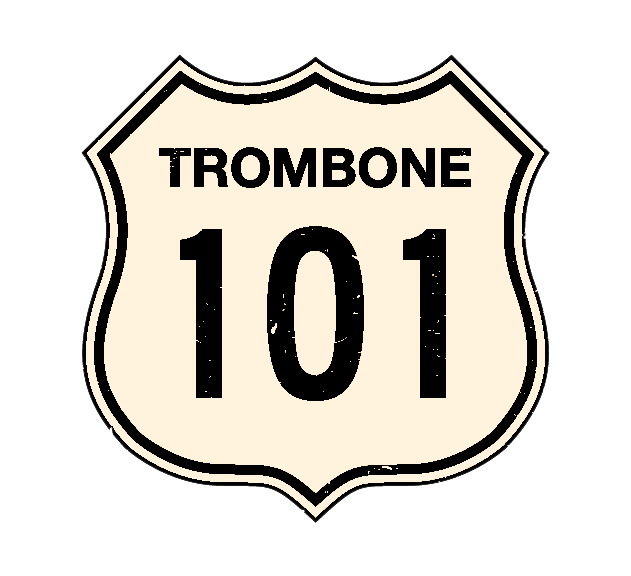For the Record!
by Sean Reusch
In a previous article, I talked about the importance of Vitamin P, PRACTICE, to become a healthy musician. In this article, I want to discuss the importance of another essential vitamin, Vitamin R – RECORDING. Recording and listening to yourself as well as listening to fantastic musicians are imperative for improvement on your instrument. By recording and listening back, we get an accurate aural picture of what we truly sound like. By listening to amazing musicians, we begin to form a “musical blueprint” in our mind of what we want to sound like prior to performing. This mental blueprint is one of the most important things for all musicians to have to become great players.
Have you ever heard your voice on someone’s voice mail? Upon listening to your voice on the message, you probably feel as if the voicemail doesn’t sound like your actual voice. I believe this to be true for many musicians when they hear a recording of themselves playing. Upon hearing a recording of their playing for the first time, many of my students look at me in disbelief. “That doesn’t sound like me” and “I can’t believe I sound like that” are common responses from students. Although recording yourself can be humbling at first, it is the quickest way to improve playing. When listening to yourself, it is very important that you record a portion of your practice every day and listen back. When a musician is in the process of playing, it is impossible to hear every aspect of your playing. The important thing to remember is that when you perform, you are communicating something to an audience. When you effectively communicate something, your main focus should be on what you are communicating with some focus on how it sounds. To get insight into what we truly sound like, we must record and listen back so we can discover what we need to fix. This process is an amazingly quick way to improve, from beginner to professional musician.
Here are some tips that will help your playing improve by listening:
Make a checklist of things you want to listen to on your recording and then focus on one thing at a time each time when you listen. Sometimes it’s easy to overwhelm your ears by focusing on too many things. Here are some examples for what to listen:
Tone
How is my tone? Is it consistent throughout or do certain notes sound better than others in different ranges, articulations, or dynamics?
Rhythm
Is my pulse steady? Are my rhythms precise?
Intonation
Is everything in tune? Are my intervals (the space between two notes) exact? Do repeated notes in a phrase sound the same?
Breaths
Are my breaths relaxed and quiet? Do they disrupt the musical phrase? Are they in time?
Phrasing
Am I shaping my phrases well? Do they make musical sense? Does the phrase I play match the phrase I imagine in my mind?
Articulations
Am I tonguing clearly? Are my articulations too hard or too soft? Am I doing a good job conveying the articulations the composer wrote?
Dynamics
Am I playing the dynamics written in the music? Am I using a wide dynamic range? Do I ever play too loud or too soft
Record a portion of your practice session each day and listen. This is also a great way to increase endurance by taking breaks from playing (play a section, listen, makes necessary changes and play again, record again, make necessary changes….)
Record something and listen to it the next time you practice it before you practice it again. Try to make 1 thing better.
Record yourself playing your music with a metronome. Did you stay in time with it?
Write down notes about what you hear to help with future practice.
Record yourself and mark a date on it. Listen to old recordings of yourself when you feel “down” about your playing and see how much you have improved!
By recording each day, your playing will take off. You will be amazed at how quickly you improve.
Good luck!
